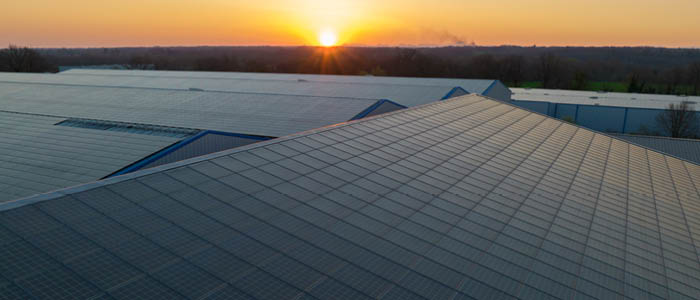These are dynamic times for the Croatian energy sector, as the legislative framework is expected to undergo major changes very soon.
Albania: The Fiscal Regime of Oil & Gas Industry Sub-Contractors is Taking Shape
The fiscal regime of companies and contractors operating onshore in the exploration & production segment of the oil and gas industry in Albania was fundamentally changed by Law no. 153/2020 On the Fiscal Regime in the Hydrocarbon Sector (the Hydrocarbon Fiscal Law or HFL), that came into effect on February 2, 2021.
Natural Gas Sector in Kosovo – Challenges Ahead
In 2016, Kosovo adopted Law No. 05/L-082 on Natural Gas (the Natural Gas Law). The purpose of the law was to lay down a legal basis for the establishment of a legal framework that will govern the transmission, distribution, supply, usage, and storage of natural gas. The Natural Gas Law is deemed to be aligned with EU law, including Directive No. 2009/73/EC on common rules of the internal European natural gas market and Regulation No. 715/2009/EC on conditions of access to natural gas transmission networks.
Trends and Prospects for Energy in Latvia
The energy market in Latvia is in a constant process of development, on both the regulatory and business sides. The following highlights suggest the energy sector will remain active in the foreseeable future, providing new opportunities for potential investors.
Moldova: The Long-Awaited Turning Point
The year 2021 is expected to be a long-awaited turning point for the Moldovan electric energy market.
North Macedonia: Strategy for a Renewable Energy Future – Too Ambitious or Ambitiously Realistic?
The year 2020 proved to be positive for renewable energy in the EU. Data published by Eurostat shows an overall increase in the share of energy produced from renewable sources, and the share of renewable electricity exceeded that of electricity produced from fossil fuels.
Lithuania: Current Realities and Future Perspectives of the Oil & Gas Sector
Although Lithuania cannot boast rich oil resources lying beneath its territory, a number of large oil industry facilities are successfully operating in the country. This suggests that Lithuania has sufficient technical capacity to import oil and petroleum products from various countries, as well as diverse and technically ensured possibilities of supplying petroleum products. Moreover, the country has secured the required amount of petroleum product state reserves, which affords protection against disruptions in their supply.
































